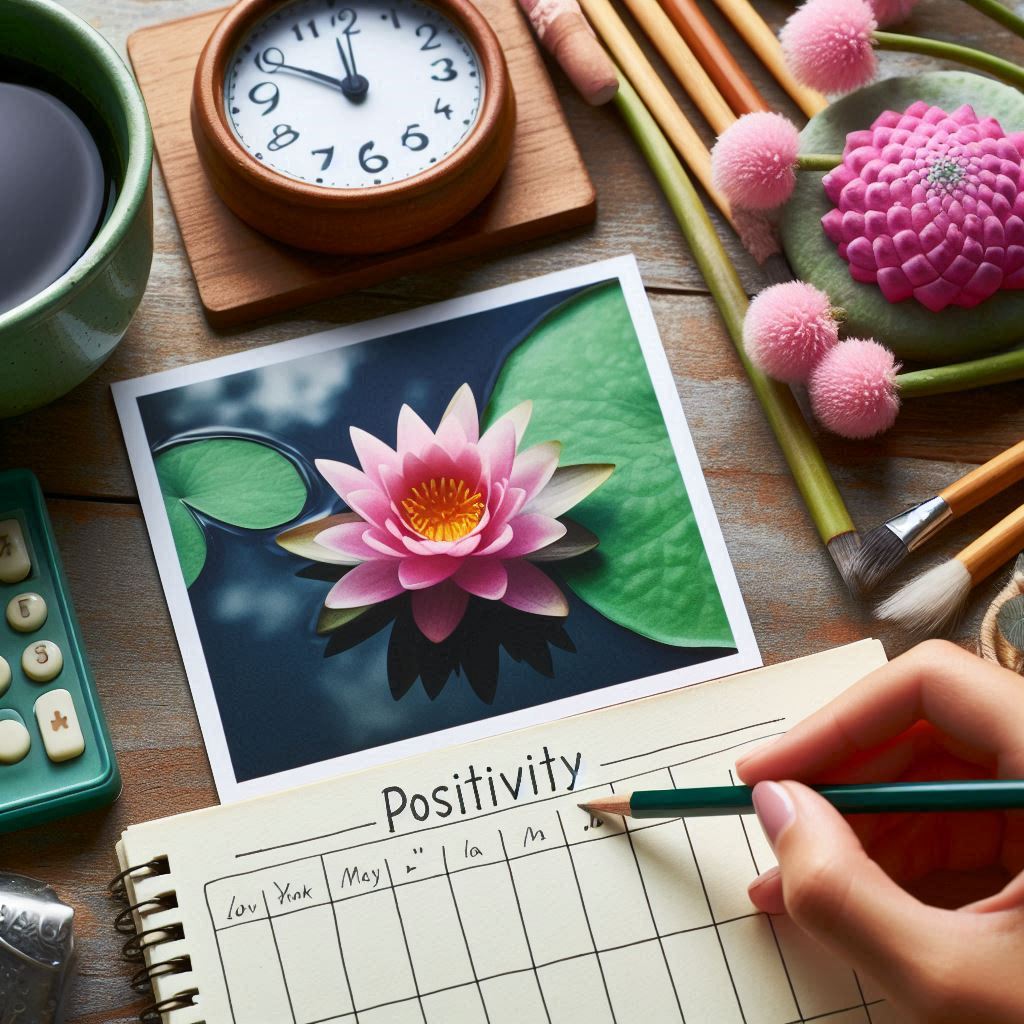How Mindfulness Works to Reduce Stress
- Present Moment Focus: Mindfulness involves shifting your attention away from past regrets or future anxieties and focusing on the present moment. This interrupts the cycle of rumination that often fuels stress and anxiety.
- Non-Judgmental Awareness: Mindfulness encourages observing thoughts and feelings without judgment. This creates distance between you and stressful thoughts, allowing you to respond more skillfully rather than react automatically.
- Body Awareness: Mindfulness also involves paying attention to your body's sensations. This helps you recognize stress signals early and address them before they escalate into overwhelming anxiety.

